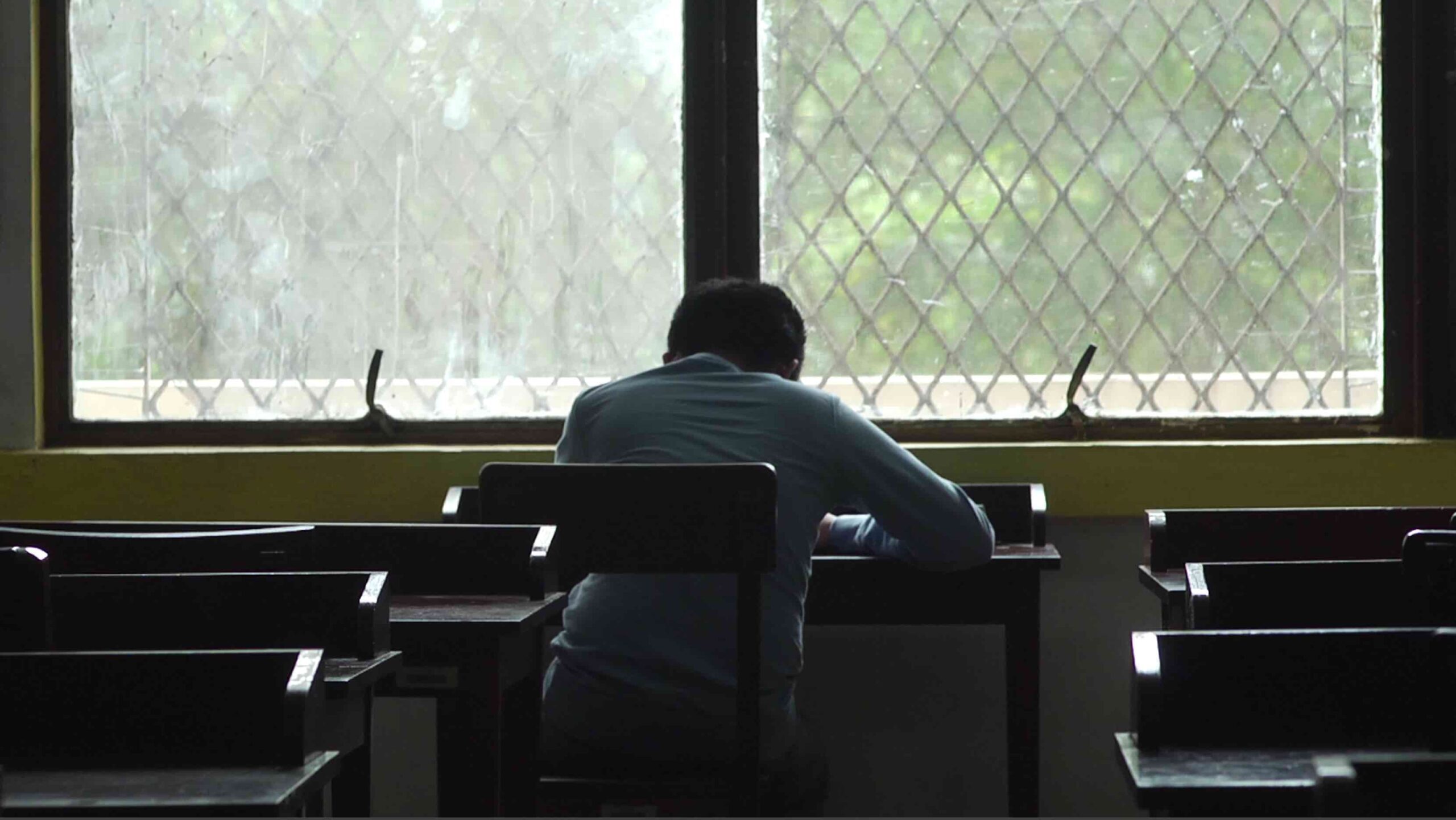SUMMARY
This is AI generated summarization, which may have errors. For context, always refer to the full article.

MANILA, Philippines – On January 19, 2018, Dr Vernon Totanes, Director of the Ateneo de Manila University Rizal Library, filed a letter of complaint with the Office of the Ombudsman.
Totanes asked for a probe into the appointment of the current National Library of the Philippines (NLP) Director Cesar Gilbert Adriano, who was sworn in by President Rodrigo Duterte in March 2017.
“The law is clear,” Totanes told Rappler. “Only licensed librarians can be appointed to all government libraries. So yes, the President violated the law.”
Totanes’ complaint argued that Adriano’s appointment was unlawful, and in violation of a provision in Republic Act No. 9246, or the Philippine Librarianship Act of 2003 that says “only qualified and licensed librarians shall be employed as librarians in all government libraries.”
He also alleged that Duterte violated the Anti Graft and Corrupt Practices Act, and cited a number of provisions, including the appointing authority knowingly approving a benefit in favor of an unqualified individual.
‘An insult’
The appointment came as a shock, said Kathleen Obille, Dean of the University of the Philippines’ School of Library and Information Studies. Adriano was an unknown in the small community of librarians registered in the Philippines.
“We would have accepted, at least, someone who could have feigned interest in books,” said Obille, “or someone who would have at least understood our profession, regardless of the law.”
Obille said they have no evidence of Adriano’s experience or knowledge of their field.
It was insulting, she said, “that a non-professional was appointed to head a professional post.”
The position, according to the Civil Service Commission’s February 2016 posting, requires a master’s degree, a librarian’s license, 120 hours of managerial training in the last 5 years, and at least 5 years of supervisory experience.
Adriano’s social media profile lists him as working for the city government of Davao. In a speech purportedly written by Adriano and read by a representative at the Philippine Librarians Association, Inc (PLAI) Congress in November of 2017, Adriano described himself as a former human resources officer who worked with President Rodrigo Duterte for 15 years “to hire, to deploy, and if ineffective, to fire.”
He also said that “over and above this, I handle some confidential matters for the mayor.”
“I am among those designated,” read Dolly Dolado-Carungui, chief of the Reference Division of the NLP, “not because I am the most qualified for the position, but because I have the trust and confidence of the President.”
In a television interview, Adriano’s deputy, OIC-Assistant Director Edgardo Quiros, conceded that the new director was not a registered librarian.
Letter of concern
Asked about the issue, Presidential Spokesperson Harry Roque, told reporters the Palace would “look into it.”
Totanes’ complaint was not the first to raise questions about Adriano’s appointment. Philippine Librarians Association, Inc, or PLAI, sent out several versions of a letter of concern to the Professional Regulation Commission as well as to the Civil Service Commission.
The body called the appointment “a major setback”, and raised concerns the appointment will set a precedent when hiring librarians in other government libraries, as well as libraries in the private sector.
“While recognizing and respecting the prerogative of the President of the Philippines to appoint the person of his choice,” wrote PLAI, “we are deeply concerned about the implications of the appointment of a non-librarian as Director of the NLP, who may be qualified in all other respects except for what we consider the most basic one: that the appointee be a licensed librarian.”
‘File the cases’
PLAI’s former president Elvira Lapuz, now Deputy University Librarian of UP Diliman, was careful to emphasize the multiplicity of views inside PLAI itself. Some of their members believe in the President’s prerogative, she said, while others see Adriano’s appointment as a function of political horse-trading.
Asked whether she believes the President violated the law, Lapuz said she was unable to speak for PLAI itself.
“My answer is personal, and is not the answer of PLAI,” she said. “For me, I really say what the President did was wrong. Whatever cases can be filed against him should be filed against him.”
Rappler sent a request to interview Adriano. There has been no response as of posting. He earlier told media he would answer questions at “the proper venue.” – with reports from Mick Basa/Rappler.com
Editor’s Note: Rappler has sent a request to interview National Library of the Philippines Director Cesar Gilbert Adriano. There has been no reply as of publication. All quotations have been translated into English.
Add a comment
How does this make you feel?
There are no comments yet. Add your comment to start the conversation.